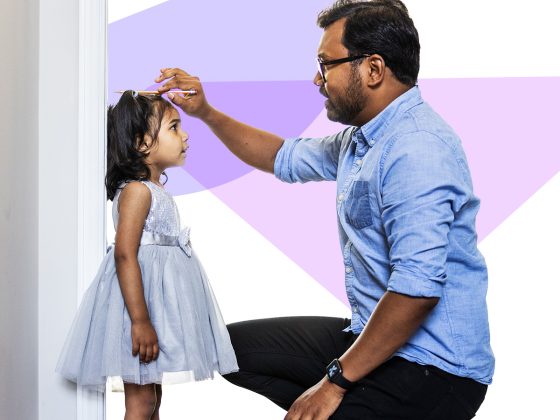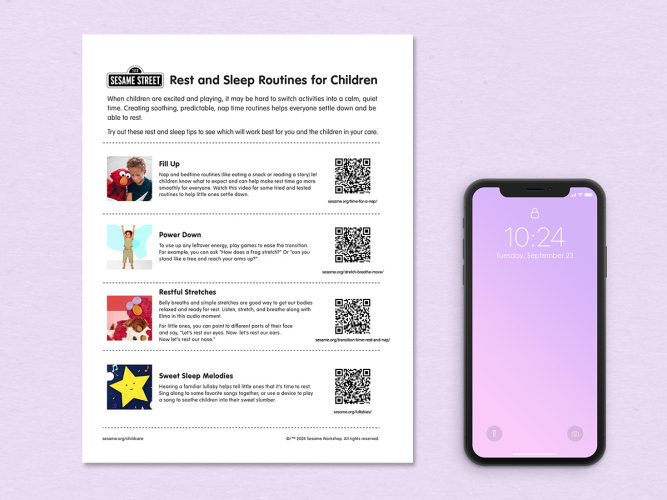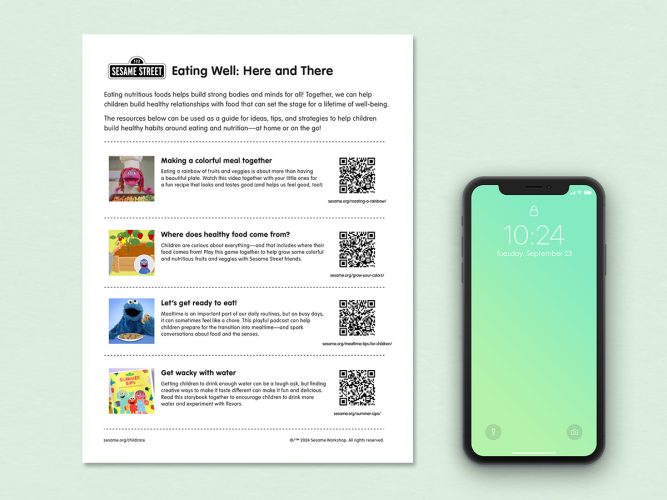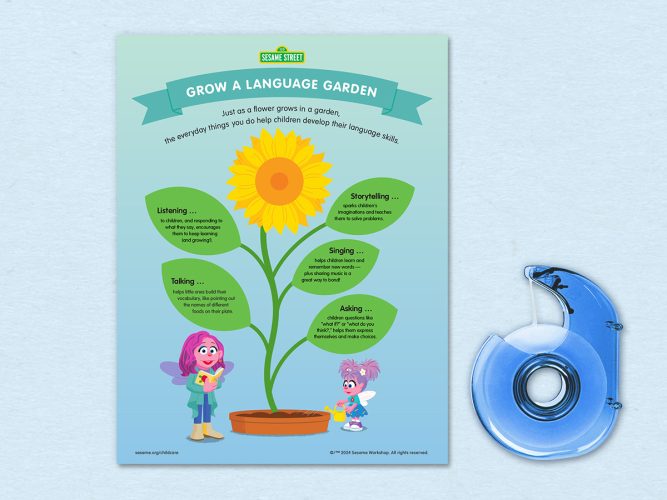
Tracking Child Development: A Caregiver’s Guide
Keeping track of milestones and going to routine screenings helps children stay healthy and thriving.
As a caregiver, you are part of an important team that helps make sure the children in your care are healthy, learning, and growing. One of the key ways to do this is through keeping track of how children are developing.
Milestones are things children are able to do by a given age—like talking, walking, and playing. All children are different, and every child reaches their milestones on a slightly different schedule. Noticing, watching, and tracking a child’s milestones for their age helps give parents and healthcare providers a better understanding of how a child is learning and growing (and can be a great way to remember and celebrate special moments)!
Developmental screenings help make sure children are healthy and growing. These are done by professionals, like doctors or other healthcare providers, to evaluate a child’s development by asking questions and watching children’s behavior and skills. The American Academy of Pediatrics recommends developmental screening for all children during regular well-child visits at the ages of 9 months, 18 months, and 30 months.
They may look at or ask about things like:
- Language and Communication (responding or reacting to others, saying a certain number of words, etc.)
- Learning and Thinking (following directions, problem-solving, etc.)
- Social (smiling at others, playing next to other children, etc.)
- Movement (crawling, walking, running, jumping, etc.)
It’s important to remember (and remind parents and other caregivers) that developmental screenings are meant to help identify children who may need extra support, not as a test to pass. You can play a role by sharing this important information with them.
For tips on talking with parents and other caregivers about a child’s development, check out this article.
Caring for children is a team effort, and together, we can help make sure that children are healthy and thriving.

Cultural Connections through Family Engagement for Building Stronger Bonds

Mindful Caregivers
Practicing mindfulness is a great way to slow down and reset.

Routines to Help Children Rest and Sleep
Soothing, predictable, nap and bedtime routines can help children settle down for rest.

Eating Well: Here and There
A printable page with easily shareable resources to encourage children’s healthy relationships with food.

Growing a Language Garden: Everyday Language Development
A reminder of the simple things you do every day that nurture children’s language skills.

The Heart of Communities: Supporting and Celebrating Family, Friend, and Neighbor Caregivers
